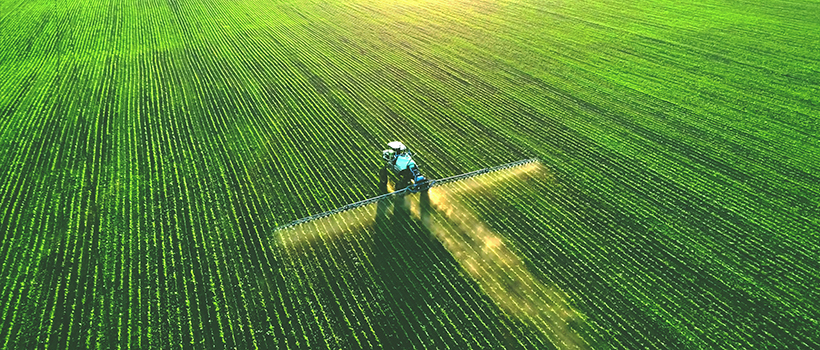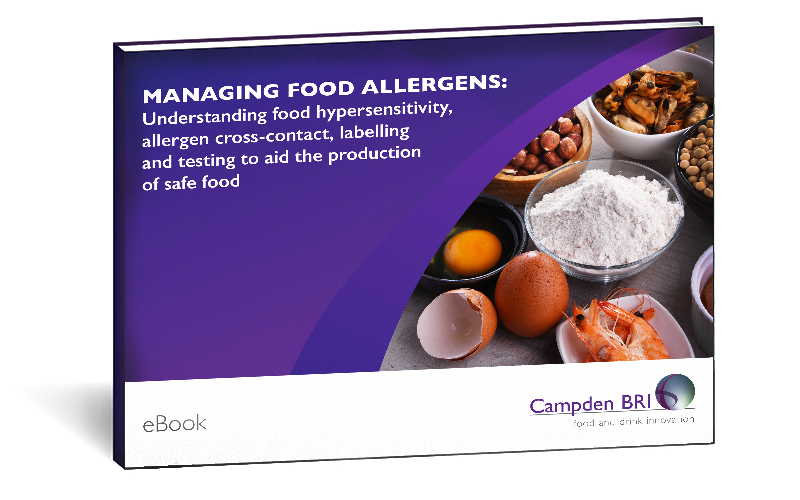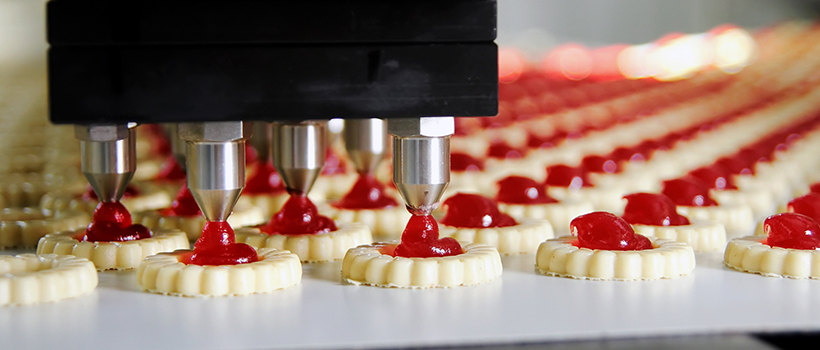
Four sources of food allergen cross-contact from throughout the food chain
13 July 2023 | Helen Arrowsmith, Regulatory Affairs Manager and Allergen Specialist, and Christopher James, Safety and Quality Specialist - Allergens
Food allergen cross-contact can occur at every stage of the food chain. Since food allergens cannot be removed or processed out from products once they are present, effective food allergen management is essential for ensuring the safety of food for consumers with food hypersensitivity.
Download our FREE Managing Food Allergens eBook today! Secure food safety, control and confidence through effective allergen management

This blog outlines four examples from key stages of the food chain where food allergen cross-contact can occur. If you would like to discuss these, or any other risks and how to manage them, get in touch.
1. Agricultural cross-contact
Food allergen contamination can be introduced even at this early stage of the food chain. Remnants of crops can persist in the field and contaminate other produce grown during crop rotation, for example.
2. Transport
Once a food product leaves the farm, it may be subject to further cross-contact from other goods that are transported alongside it. Care and consideration must be given to what products are being transported and how their differing food allergen profiles could lead to contamination. Legislation in the EU requires that equipment, conveyances and/or containers are cleaned after being used to transport allergenic foodstuffs and must be checked for the absence of any visible debris to mitigate the risk of food allergen cross-contact.

3. Processing
Within a manufacturing setting, there are many potential vectors of food allergen cross-contact, such as personnel, environment, equipment and utensils, as well as spillages of allergenic material.
Rework (food that is removed from processing to add back at a later stage) must be handled with caution to ensure cross-contact of other products does not occur due to the addition of rework with a different food allergen profile.
4. Fraudulent and malicious contamination of raw materials
Even if you have done everything right within your processing facility, you need to consider whether others earlier in the food chain have too – with food fraud being one of the most extreme examples of an issue that could pose a significant food safety risk. Adulteration of raw materials may be used in fraudulent attempts to boost profits through lower costs or increased bulk. Many adulterating agents could be used, including those that are allergenic, putting consumers with food allergies at risk.
We can help you to ensure food safety
Food allergen cross-contact can occur at every stage of the food chain, from ‘farm to fork’. Food business operators must employ food allergen management systems to mitigate or remove potential sources of food allergen cross-contact and minimise risks for those with food allergies, the control measures for which should be validated, verified, monitored and documented.
If you need any information or support, get in touch. We provide a range of services to support your food allergen management needs, including; food allergen training courses, testing, and practical support with cleaning validation, hygienic design, food safety management systems, labelling and legislation.
How can we help you?
If you’d like support with food allergen management, contact our expert team to find out how we can help.
Managing Food Allergens eBook
Download our FREE Managing Food Allergens eBook today! Secure food safety, control and confidence through effective allergen management.







